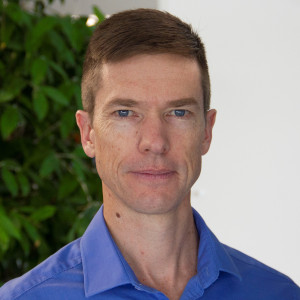The island of Príncipe, situated off the west coast of Africa, is a UNESCO World Biosphere Reserve with extensive areas of relatively pristine tropical rainforest hosting a rich biodiversity with significant endemism. The island’s population of about 10,000 people depend heavily on the island’s natural resources for their livelihoods. The Faya Foundation is devising a novel model of sustainable development that aims to preserve Príncipe’s unique biodiversity while uplifting the local community socioeconomically. Funded by a philanthropist, the Foundation pays a “natural dividend” in the form of quarterly cash payments to adult residents of Príncipe to reflect their share of the value of nature, and as a reward for sound environmental stewardship. The Faya Foundation is also investing in several community-scale socioeconomic projects, including solar energy, improved cookstoves, a comprehensive waste management and recycling system, and several “digital squares” to broaden internet access. This paper provides an overview of the Natural Dividend programme as seen through the lens of Ken Wilber’s Integral Theory. The aim is to demonstrate the usefulness of an integral approach in designing a practical model for sustainable development in a complex social-ecological system.

